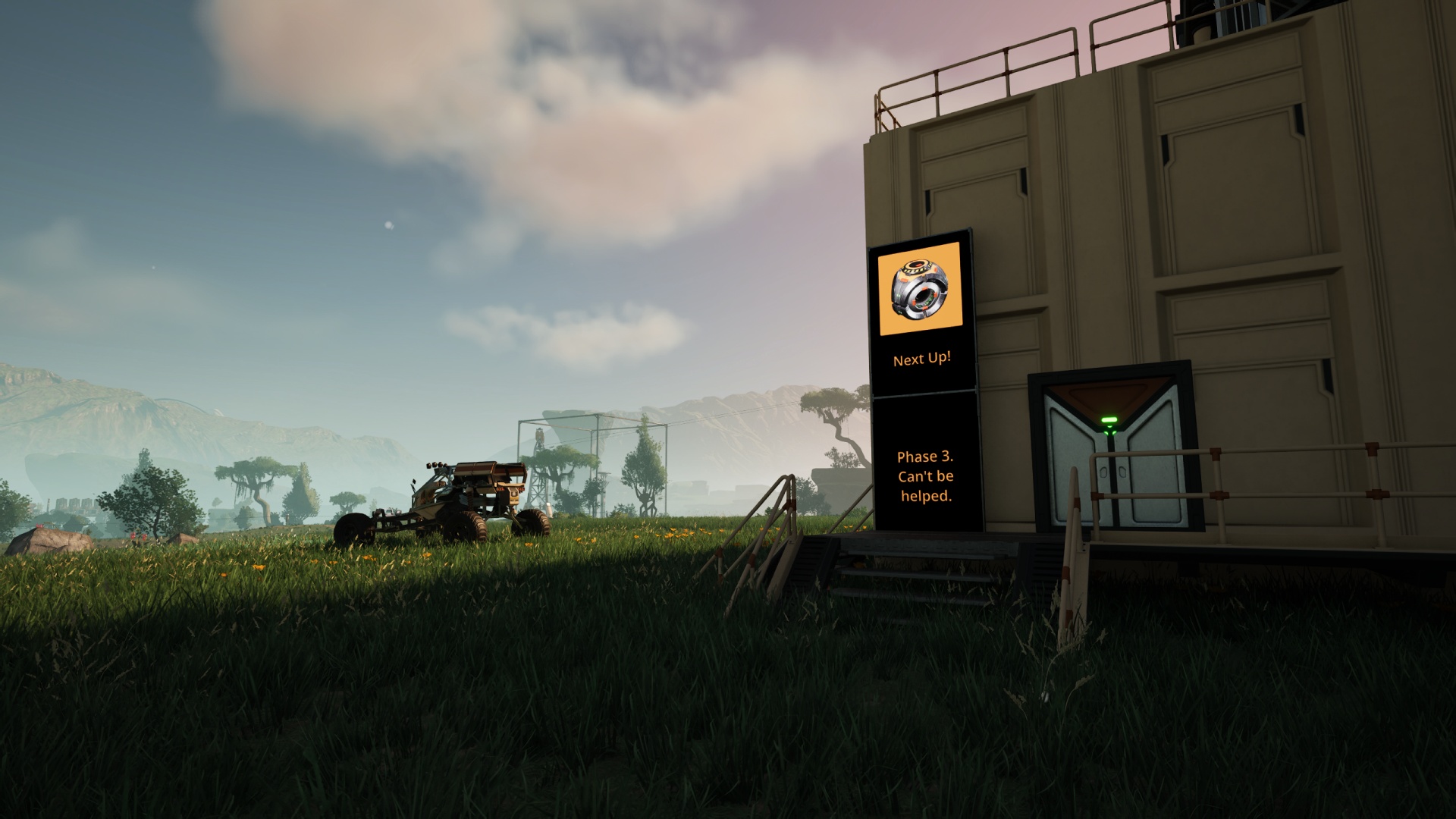It was bound to happen before very long, I suppose. I found a supremely addictive space trading game for my Palm. If you want to lose several hours of your life and you own a Palm Pilot, check out Space Trader.
Think “Trade Wars” for the Palm OS, just without the multi-player aspect and without having to wait a whole day to get another few turns.
